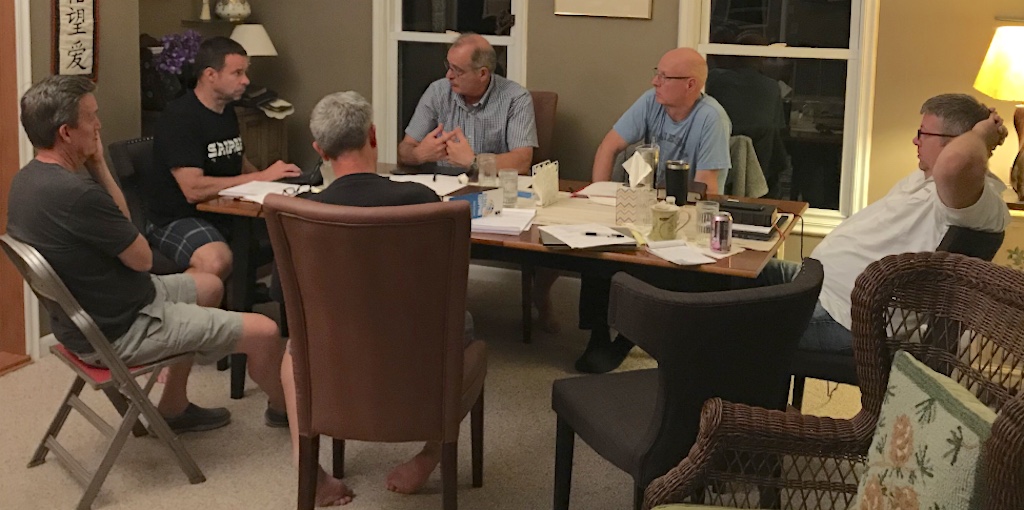A month ago, I met in Illinois with Pathways global leaders. It was a productive time, and we were all encouraged by spending time together. Since we all actively train pastors all over the globe, it is a rare thing that we are all together in one place to strategize, pray and build team unity.

At the meeting, I was asked to report on what my dissertation research is finding about the long-term results of our Pathways Bible Training in the lives and ministries of graduates of the program. I’ve now completed about half the interviews I’ll be doing, and I compiled initial results of those interviews into a document for the team. This is the first scholarly research we have done into the enduring effectiveness of our program since we launched about eight years ago. They were all extremely encouraged and challenged by what they heard. Our team leader Al Lewis shared in a newsletter he wrote afterward, “A highlight was the report that Eric made about his doctoral project of evaluating the effectiveness of our training a few years after students complete the training. As we expected there are some areas we need to work on to do better, but overall the reports have been fantastic. Stories of changed lives and transformed congregations so encouraged us. Some men reported that their congregations resisted this new way of preaching from the Word but as they persisted the people began to enjoy and even demand that they continue. One man talked about how the men in his culture usually stay away from church but as he began to preach the Word they began to come back and are now meeting every Sunday evening to discuss the sermon. I could go on but needless to say we were very encouraged that we are making a real difference in many places.”

I won’t share all the findings I’m discovering, but just a few thoughts might be helpful:
Pathway influence on churches
- Members are growing to understand Bible in way they never did before and are following sermons instead of being confused. Other non-PW preachers blend many topics together, whereas PW preachers stick to text and main idea.
- They become more discerning of other preachers and intolerant of preachers who don’t follow PW (Pathways). They even gather together after the service to review the message that was preached to determine if it followed the Pathways process.
- Men are drawn to solid biblical preaching, returning to church because they can finally respect the preaching and the preacher.
Pathway influence on pastors
- Most non-Western cultures are not “reading” cultures (globally, but in America too). Members don’t like to read. Pastors don’t like to read. PW fights against this cultural trend. PW moves people toward literary learning, not just visual/oral.
- Preaching in certain churches is now systematic through books of Bible. Never used to be the case. In most “non-Pathway” churches, pastor prays and finds passage and then preaches it (not systematically through books of Bible).
- PW has brought greater gravity and seriousness to sermon prep.
- PW gave an organized process to follow for sermon prep rather than just rushed random thoughts.
- Most PW graduates follow the essentials of the program (Careful Bible Study principles), and many incorporate many of the other steps and tools into their sermon prep process.
Factors affecting use of Pathways
- PW goes against church culture (topical, emotionally-charged, legalistic preaching) in many places. Church is demanding upon pastor, and there are many other challenges pastors face. Time spent in Bible study is oftentimes not valued in culture or by church. Relational focus is valued.
- Factors contributing to use of PW principles: In addition to time constraints (biggest affecting factor), other competing demands are family responsibilities, bi-vocational work, church and ministry commitments. Church affirmation is most common support, in addition to pastor believing in PW system.
This summer I’ll continue to work on analyzing research findings. Then I have more interviews in Ghana, Peru, Guatemala, Sri Lanka and Nepal. Then I write up the findings chapter, continue with literature review and end with chapter on implications and conclusions. God give me strength!
Pressing on, Eric
